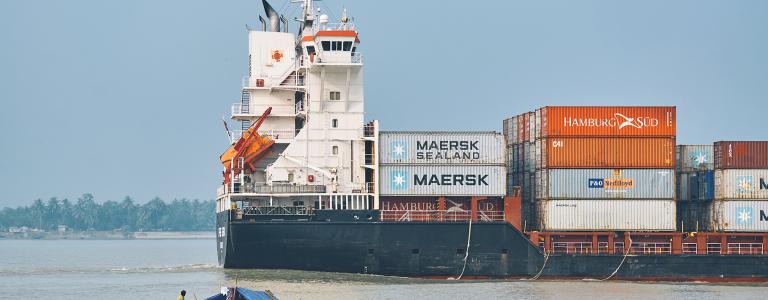South-South Trade and Voluntary Sustainability Standards: Challenges and opportunities
Webinar exploring new research on how sustainability standards can promote trade relationships that protect the environment and improve farmers’ livelihoods in developing countries.
Governments in developing countries are increasingly recognizing the benefits of working with voluntary sustainability standards (VSSs) to promote trade that supports more sustainable production practices while also addressing some of the concerns associated with their adoption.
This webinar brought together developing country trade officials, producers, and standard-setting bodies to discuss new IISD research exploring how integrating VSSs in trade policy can potentially improve producers’ livelihoods in developing countries and promote trade relationships that protect the environment.
From a Memorandum of Understanding seeking to boost the trade of organic certified products between Chile and Brazil to the development of a recognition system for VSSs across the African continent, experts unpacked five examples of developing country governments and regional blocs in the Global South that are integrating VSSs in trade policy.
These examples illustrate the role that governments can play in enhancing VSSs’ potential to deliver positive sustainability outcomes and generate trade opportunities for small-scale farmers and small and medium-sized enterprises. They can also inform other countries and regions seeking to achieve similar objectives.
Speakers
- Steffany Bermúdez, Policy Advisor, IISD
- Claudio Cárdenas, Head of the Department of Organic Agriculture, Division of Protection of Renewable Natural Resources, Agricultural and Livestock Service, Ministry of Agriculture, Chile
- Charles Gachahi, Eco Mark Africa Coordinator, African Organization For Standardization
- Cristina Larrea, Lead, Sustainability Standards, IISD
- Jennifer Mbuvi, Key Account Manager, GLOBALG.A.P., Kenya
- Jim Pierce, Coordinator, Pacific Organic and Ethical Trade Community
- Florencia Sarmiento, Policy Analyst, IISD
